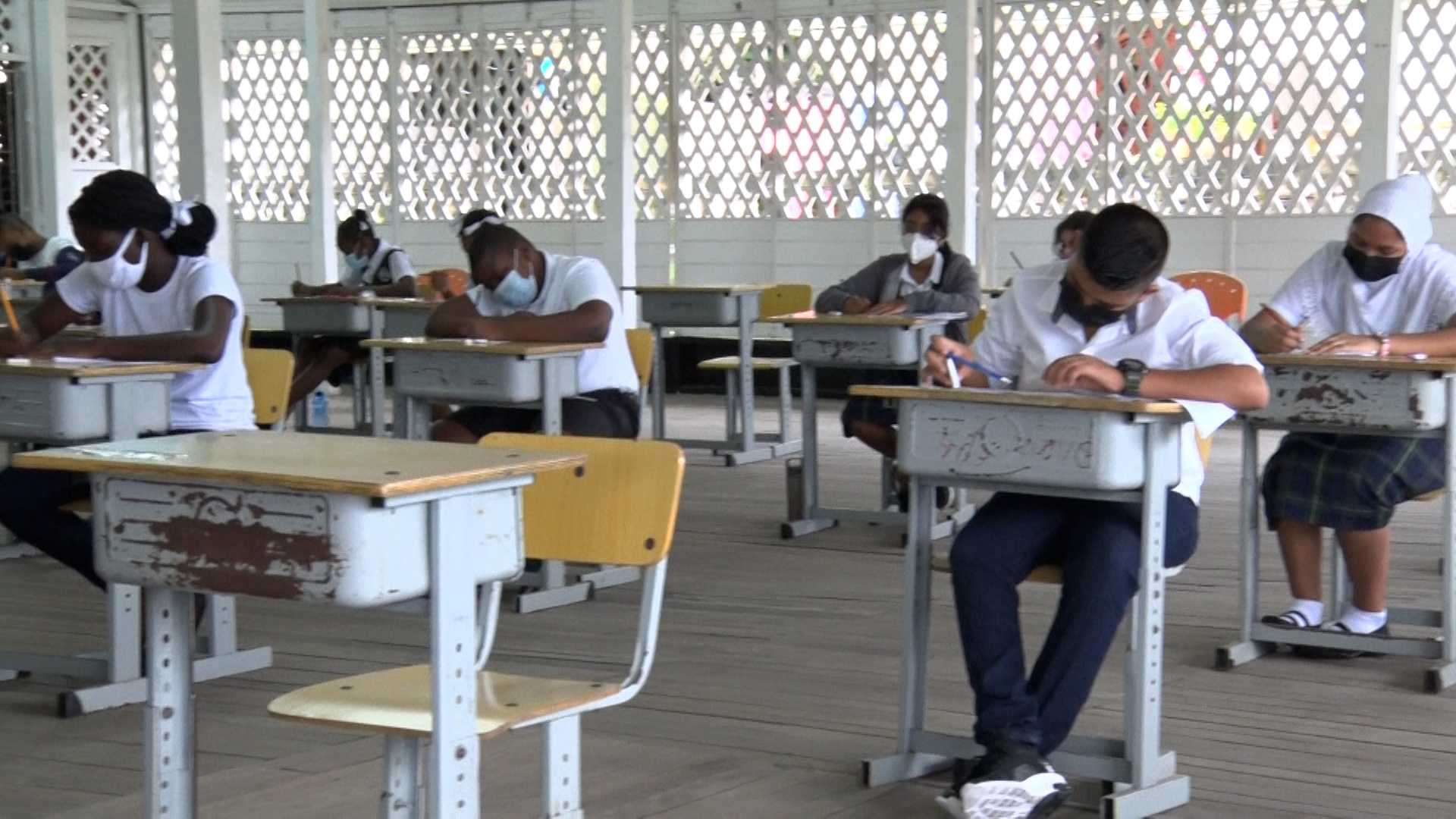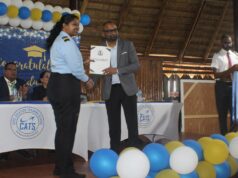
By Vishani Ragobeer
About 1,000 children in primary schools have dropped out schools, illustrating the worrying learning losses associated with the COVID-19 pandemic and the closure of schools.
This is according to the Minister of Education Priya Manickchand who was speaking at an event on Wednesday at the Arthur Chung Conference Centre in Liliendaal, Georgetown.
It has been posited that children have been faced with a significant loss of learning due to the constraints presented by the COVID-19 pandemic and the shift to online learning. UNICEF representative Nicolas Pron, at a recent event, said extended closure of schools can have an adverse impact on children, especially the most vulnerable children who have limited access to online learning and may be exposed to violence, abuse and neglect.
Manickchand said that teachers were placed in “difficult circumstances” to continue to engage children during the pandemic but even so, there have been significant losses.

“… We have seen dropouts at the primary school level, at least 1,000 so far.
“Yet we have seen dropouts before the completion of the secondary cycle, registered to write [the Caribbean Secondary Education Certificate (CSEC) examinations] but didn’t turn up,” Manickchand lamented.
Previously, it was reported that some 536 pupils were absent from this year’s sitting of the National Grade Six Assessment (NGSA), which was held on August 4 and 5. And, it was reported that efforts were being made to reintegrate the pupils.
Globally, in May, a UNICEF study found that around 214 million children – or 1 in 7 children globally – have missed more than three-quarters of their in-person learning. And, numerous United Nations (UN) agencies published a joint framework for the safe reopening of schools.
Because of this reality, the minister highlighted that many teachers returned to schools so that they could teach their children. This, she explained, was done in spite of the mandated closure of schools to limit the spread of the coronavirus that causes COVID-19.
“95 per cent of our NGSA public school classes were in schools… teachers took the children into schools and when our officers saw them, they said they were marking books,” Manickchand highlighted.
While the minister said that she understood why some teachers broke the rules and taught their children in schools, she emphasised: “We can’t be in a place where we encourage black market education.
“If we do, we would be failing to respond as a ministry.”
As such, the decision was made to reopen schools, employing public health measures that could help keep children safe. On September 6, the new academic year commenced and many children were able to return to school since schools had crafted individualised plans, including rotational classes, to allow for a safe reopening.
Vaccination for children older than 12 years old has been ongoing too. With the rollout of these Pfizer vaccines, secondary schools would soon be allowed to reopen.











